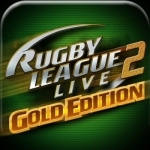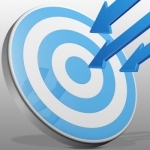
Virtual Families Free for iPad
Games and Entertainment
App
Virtual Families is a casual family sim that runs in true real time, and now this acclaimed...

Alto's Adventure
Games
App
Above the placid ivory snow lies a sleepy mountain village, brimming with the promise of adventure. ...

Ukraine Travel Guide and Offline Map
Travel and Navigation
App
Visiting Ukraine? Need a Tour Guide? The age of “pocket” travel books are over and the era of...

VIPBANKO - Banko Maç İddaa Tahminleri
Sports and Utilities
App
Football Betting Tips Basketball Betting Tips Ice Hockey Betting Tips Nba Betting Tips Free...

Craft The World - Pocket Edition
Games
App
50% off for a limited time! Craft The World is a unique sandbox strategy game, the mix of Dungeon...

Hands up alias charades and heads up activity game for fun friends company Free
Games and Entertainment
App
Hands up – Charades, Activity and Alias in one app! Exciting game for friends will make your party...

Craft The World - Episodes Edition
Games
App
Craft The World is a unique sandbox strategy game, the mix of Dungeon Keeper, Terraria and Dwarf...

Rugby League Live 2: Gold Edition
Games and Sports
App
AN INTENSE RUGBY LEAGUE EXPERIENCE!!! The ultimate iPhone & iPad rugby league experience! Tru...

